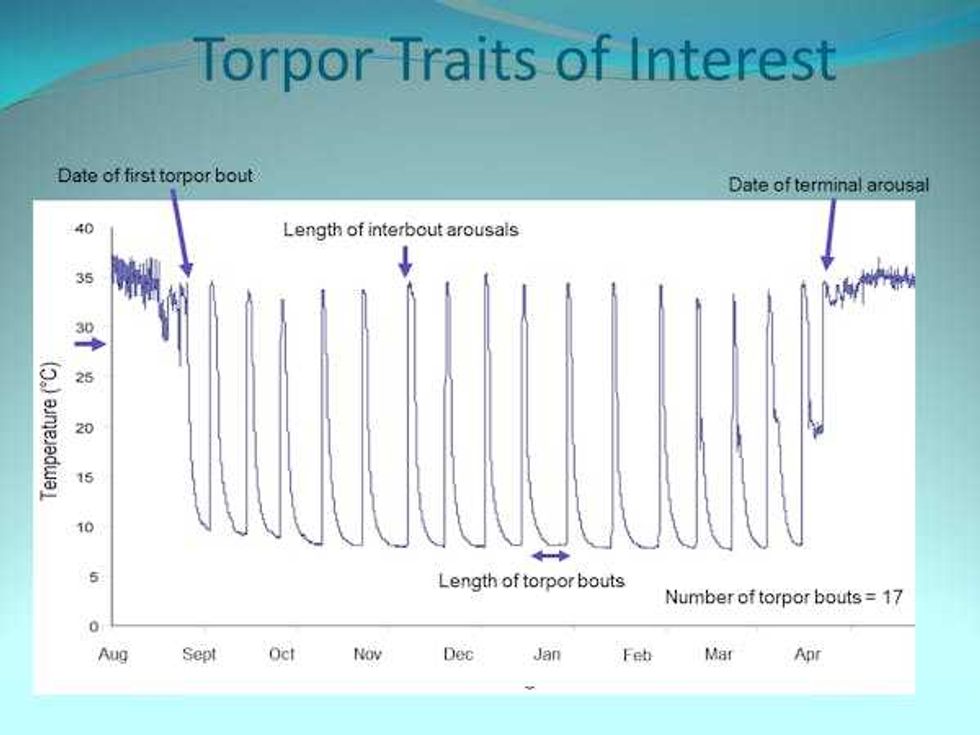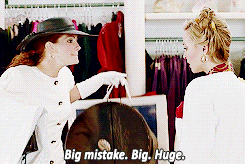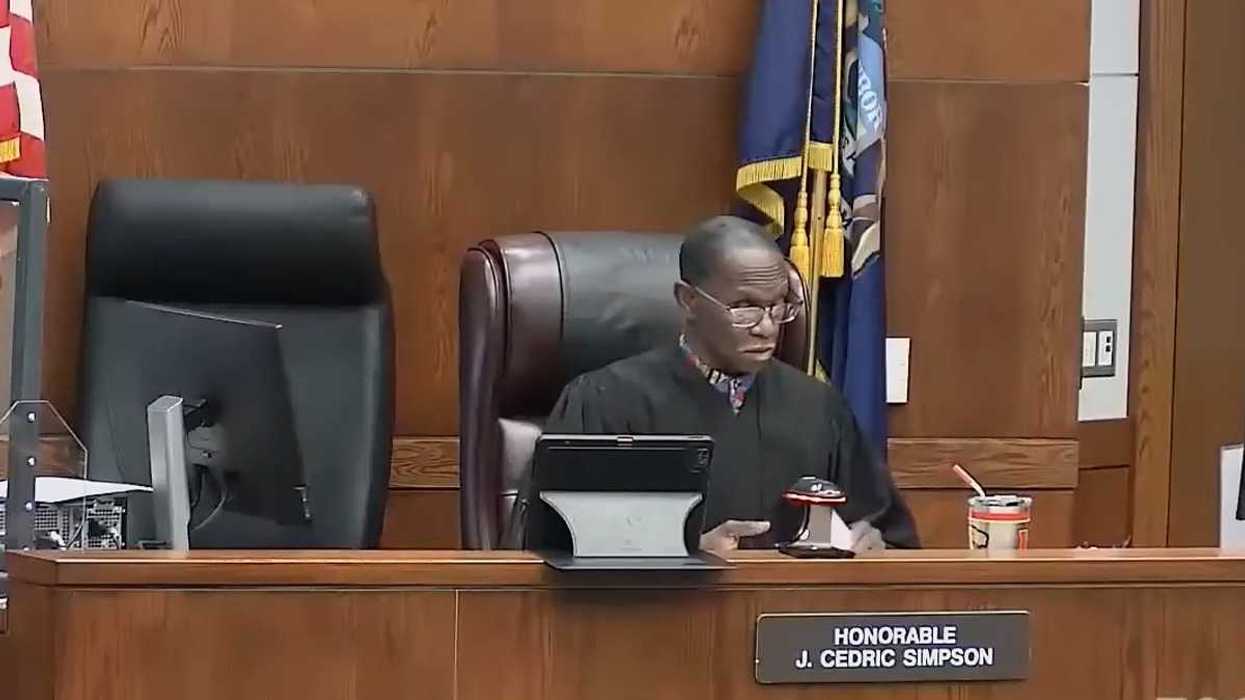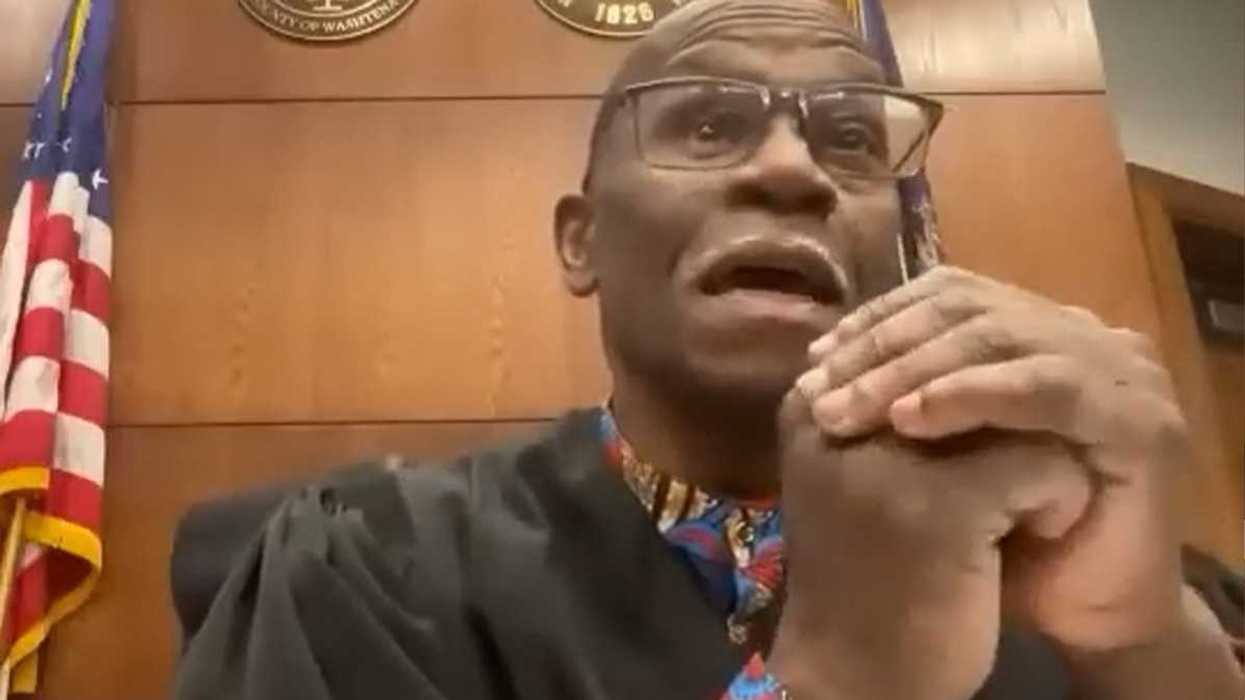Jimmy Iovine is one of the biggest names in the music business. The Brooklyn native went from being a restless teen who dropped out of the John Jay College of Criminal Justice at 19 to a powerhouse producer who worked with icons like John Lennon, Bruce Springsteen, and U2 before founding Interscope Records with Ted Field in 1990. Iovine’s improbable rise through the ranks was a result of his superhuman work ethic (he used to abhor time off) and his willingness to continue to learn from others.
The 64-year-old’s storied life is chronicled in HBO’s four-part documentary, “The Defiant Ones,” which profiles the Apple music executive alongside his good friend and longtime collaborator, Dr. Dre. The two teamed up in the 1990s when Dre co-founded Death Row Records and later partnered on a number of ventures, including Beats Electronics, which was acquired by Apple in 2014 for a record $3 billion.
[quote position="left" is_quote="true"]He gave up the game. A lot of people do these things, but they don’t tell you how they do these things.[/quote]
Recently, Iovine and “The Defiant Ones” executive producer and director Allen Hughes hosted an intimate dinner in Los Angeles to talk about their renowned careers and the documentary, which was just nominated for a Grammy Award. That night, Hughes said Iovine “gave up the game” and shared a wealth of information during the documentary.
Thankfully, for those of us around the table that evening, he dropped even more jewels of wisdom. Here are just a few, in Iovine’s own words.
1. You need people.
I was very fortunate to have a friend in David Geffen. As far as business is concerned, he was an extraordinary — the word “mentor” is used too much, but I call him a friend because he still is. But I didn’t know that I could [go into business] until I saw him doing it.
I find people that I connect with. I’m Italian — I was brought up Catholic in Brooklyn, but I found a rabbi — that’s who I connected with. I was 52. It changed my life. I was looking for somebody to help get some answers.
So if I meet somebody like Steve Jobs, I want to know why they do what they do, and then [I] become of service. I learned that from day one in the studio. I said, “I don’t know what I’m doing, so I’m going to make myself as useful as possible and watch all these great people.” I still do that.
2. Understand the “why.”
If the other person doesn’t understand the “why” it falls apart. That’s the biggest question in our life: Why am I doing this?
I do it because I need it, so I assume everyone needs it. To make it simple: When an engineer gets with someone in the content business, they each have to know why the other person does what they do, not just the “what.” The artist has to understand that the engineer is just as much of an artist as he is and [vice versa].
You have to understand the “ why” — that’s what we teach at the [Jimmy Iovine and Andre Young Academy at USC], the “why.” You have to understand both languages or it’s going to be a mess.
3. Stay open to the unexpected.
Years ago, my assistant was on a honeymoon and they bring in this literal kid, who’s 18 years old — and it was his first or second day filling in as a temp — and he says to me, “Hey Jimmy, I saw this white guy rap last night at a rap battle. It was incredible.”
And I don’t know, I just heard from people that you can’t be white and rap, but I remembered guys giving me help when I was 18, [so] I said, “Get the tape and I’ll give it to Dre.”
Now, did I think Eminem would earn a billion dollars for Universal? No. That’s probably the most unexpected thing that happened in my life.
4. Commit to a decision and work your ass off.
I firmly believe in making a decision and then making the decision work. That’s kinda what people consider luck, if there is such a thing. Make a decision and just go for.
But don’t be stupid. If a thing doesn’t work 20 times, it might be a bad idea. But give it a full shot. Whatever decision you make will be the right one if you have the attitude that it will work. That’s how I do it.
5. Don’t let your career become your identity.
David Geffen drilled this into my head: Never let your job become who you are. I was consumed by being successful, but it was never who I was. I left Interscope, and I could pivot, because I didn’t give a fuck, it has nothing to do with who I am.
I love Interscope, but I was like that as a record producer; I’m like that with anything. You just don’t have it identify you — that’s such a drag. Some of my friends can’t let go because it’s who they are and, to me, that’s no fun. You work your ass off all these years, and then you’re trapped. That sucks.
I will not be trapped, I hate it more than anything. I’m fucking Houdini; I can get out of any trap. As soon as I feel trapped, I move on to something else.
I’m not braver than anybody, I’m just saying I can’t take it.
















 Female groundhog emerging from her burrow in late January.Stam Zervanos, Author provided
Female groundhog emerging from her burrow in late January.Stam Zervanos, Author provided This Maine groundhog had 17 torpor bouts where body temperature went up and down.Stam Zervanos, Author provided
This Maine groundhog had 17 torpor bouts where body temperature went up and down.Stam Zervanos, Author provided Male groundhog (on the right) greeting a female groundhog for the first time after they emerge from their separate burrows.Stam Zervanos, Author provided
Male groundhog (on the right) greeting a female groundhog for the first time after they emerge from their separate burrows.Stam Zervanos, Author provided
 A beluga whale frolicking in the oceanCanva
A beluga whale frolicking in the oceanCanva  A beluga whale pops up from the waterCanva
A beluga whale pops up from the waterCanva 

 A woman sits in a new car at a dealershipCanva
A woman sits in a new car at a dealershipCanva GIf from 'Pretty Woman' of Roberts saying "BIg mistake. Big. Huge." via
GIf from 'Pretty Woman' of Roberts saying "BIg mistake. Big. Huge." via 

 People voting. Photo credit:
People voting. Photo credit:  Young women rally. Photo credit:
Young women rally. Photo credit:  Tressie McMillan Cottom.Tressie McMillan Cottom/
Tressie McMillan Cottom.Tressie McMillan Cottom/ 
 Winter weather.
Winter weather. 
 Honorable J. Cedric Simpson at work in the courtroom.Image from
Honorable J. Cedric Simpson at work in the courtroom.Image from  A close up of Judge Simpson.Image from
A close up of Judge Simpson.Image from